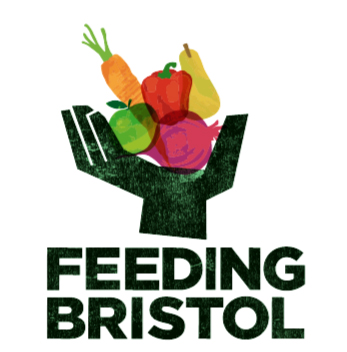HAF Programme Standards Framework
The Department of Education (DfE) have developed a framework of standards to provide a benchmark of what they expect from those delivering the holiday activities and food programme (HAF). This framework sets out the standards the DfE expect for all HAF Providers. Full guidance is available on the government website.
The Local Authority are expected to:
- Improve the quality of provision across the local area
- Ensure that providers are supported to meet the high-level standards
Delivering the HAF programme to these high standards can be a challenge and we, as the Local Authority, will ensure that we support the providers we work with to meet them.
It is the Local Authority’s role to make sure these standards are met across the programme and to help local providers who do not meet the standards by providing adequate support including training, advice and partnership/network meetings, workshops and briefings etc.
Each of our funded providers will receive this support from our Co-ordinator.
It is the DfE’s clear expectation that all eligible children and their families should benefit from all aspects of the programme. This might mean that we, as a Local Authority, work with providers to adopt a blended approach to ensure children and families can access the different aspects and elements of the programme through a number of different providers.
Please note that if you cannot meet the HAF programme standards, then we will not be able to provide you with a grant.
Food Provision
Providers must ensure that the children attending can have a least one meal a day (breakfast, lunch and tea) and that all food provided (including snacks) meets the school food standards.
The Department of Education and our expectation is that the majority of food served by providers should be hot. We acknowledge that there will be occasions when this is not possible and we will fund a cold food offer, but it must meet School Food Standards.
All food provided as part of the programme must:
- comply with regulations on food preparation
- take into account allergies and dietary requirements (see the allergy guidance for schools)
- take into account any religious or cultural requirements for food.
Providing food on site can provide an opportunity to engage children and families in food preparation and nutrition. Providers have reported that when children are involved in designing menus and the preparation of food, they are more engaged and more willing to try new and healthier food.
This year the Department of Education wants Local Authorities to consider prioritising funding to providers who are involving children and young people in the planning and preparation of food. Such a developmental approach is key to effecting long-term change in engagement with food and nutrition. Bristol City Council will consider whether clubs preparing food on their own premises or in their venue would produce less food and packaging waste and result in fewer food-miles than off-site, centralised provision.
Food providers
We have been asked to ensure that the providers we work with are, where applicable, registered as a food business. This provides reassurance to those involved that food safety standards are being met.
A food business is defined as anyone preparing, cooking, storing, handling, distributing, supplying or selling food. Please see the government website for further information about food business registration.
Local authorities are responsible for enforcing food hygiene laws and can inspect any registered food business at any point in the food production and distribution process. It has been recommended that HAF coordinators within each Local Authority are in regular contact with their food safety inspectors to ensure that HAF providers are fully compliant.
Enrichment activities
Holiday clubs must provide fun and enriching activities that provide children with opportunities to:
- develop new skills or knowledge
- consolidate existing skills and knowledge
- try out new experiences
- have fun and socialise.
This could include:
- physical activities, for example, football, table tennis or cricket
- creative activities, for example, putting on a play, junk modelling or drumming workshops
- experiences, for example, a nature walk or visiting a farm
- free play, for example fun and freedom to relax and enjoy themselves
Bristol City Council will support providers to deliver a rich and varied mix of fun and enriching activities that are age-appropriate. We welcome bids that have also considered how they might encourage the continued use of fine motor skills over the holiday periods.
Physical activities
Holiday clubs must provide activities that meet the physical activity guidelines on a daily basis.
In line with those guidelines we expect:
- all children and young people participating in the HAF programme should engage in moderate-to-vigorous physical activity for an average of at least 60 minutes per day – this does not have to be in the form of a structured activity session, but can include active travel, free play and sports
- children and young people participating in the HAF programme should engage in a variety of types and intensities of physical activity to develop movement skills, muscular fitness and bone strength
- children and young people should aim to minimise the amount of time spent being sedentary, and when physically possible should break up long periods of not moving with at least light physical activity
Nutritional education
Providers must include a variety of nutritional education each day aimed at improving the knowledge and awareness of healthy eating for children. These do not need to be formal learning activities and could, for example, include activities such as:
- getting children involved in food preparation and cooking
- growing fruit and vegetables
- taste tests
- discussing food and nutrition
- including food and nutrition in other activities
Food education for families and carers
We expect HAF providers to look at how they can include weekly training and advice sessions for parents, carers or other family members. These should provide advice on how to source, prepare and cook nutritious and low-cost food. This could be combined with the nutritional education aspect of the programme, for example, by inviting children and their families to prepare and eat a meal together.
Signposting and referrals
HAF providers should be able to provide information, signposting or referrals to other services and support that would benefit the children who attend their provision and their families. This could include sessions provided by:
- Citizen’s Advice
- school nurses, dentists or other healthcare practitioners
- family support services or children’s services
- housing support officers
- Jobcentre Plus
- organisations providing financial education
- early years and childcare, including help to pay for childcare (such as Tax-Free Childcare)
We are happy to support you with providing this, but this can also include signposting to these services.
Policies and procedures
There are a wide variety of organisations and individuals involved in the delivery of the holiday activities and food programme, including but not limited to:
- schools
- colleges
- nurseries
- private providers
- charities
- youth clubs
- community groups
All of these groups must be able to demonstrate that they have in place relevant and appropriate policies and procedures for:
- safeguarding, including the recruitment of staff and volunteers
- health and safety
- relevant insurance policies
- accessibility and inclusiveness
Safeguarding
Safeguarding and promoting the welfare of children is everyone’s responsibility. We want every HAF club to be a safe and happy place for children to be and for parents, carers and families to feel confident that their child is well looked after and that robust safeguarding arrangements are in place.
Local Authorities are statutorily responsible for safeguarding in relation to children in need, under section 17 of the Children Act 1989, and looked after children under section 20 of the Children Act 1989.
We work closely with our local safeguarding children partnership, Keeping Bristol Safe Partnership, so that we can offer appropriate training and resources so that we can support our providers to make sure robust safeguarding arrangements are in place.
As set out in working together to safeguard children, safeguarding is defined for the purposes of this guidance as:
- protecting children from maltreatment
- preventing impairment of children’s mental and physical health or development
- ensuring that children grow up in circumstances consistent with the provision of safe and effective care
- taking action if you identify children to be at risk of harm
We are expected to produce and maintain a central register of all of the providers we fund through their HAF programme including putting in place a robust system for inspecting each provider and ensuring all adhere to the standards set out in the standards framework.
Children with SEND or Additional Needs
As a Local Authority we need to ensure that we have sufficient high-quality places for children with SEND or with additional needs who are in receipt of Free School Meals or who fall within the extended eligibility criteria (see Item 3 of the HAF specification).
We will make sure providers plan how they will accommodate children with SEND or additional needs, and work with providers to ensure children and young people with more complex needs are able to access suitable provision.



